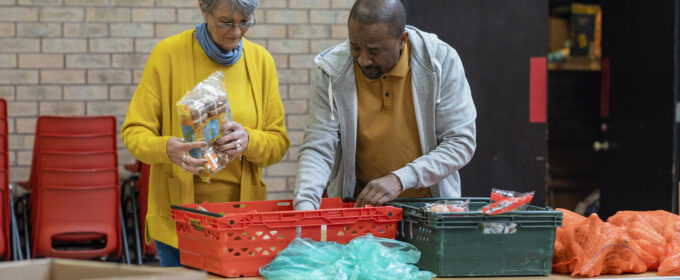Following the publication of the industrial strategy in 2017, in which Theresa May attempted to envisage a post-Brexit future, electric vehicles (EVs) were identified as an important opportunity for the UK political economy. Yet, despite the almost annual publications that reiterated the need for EVs to become a significant feature of the UK, attempts to […]









